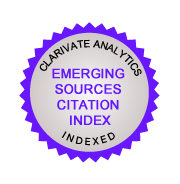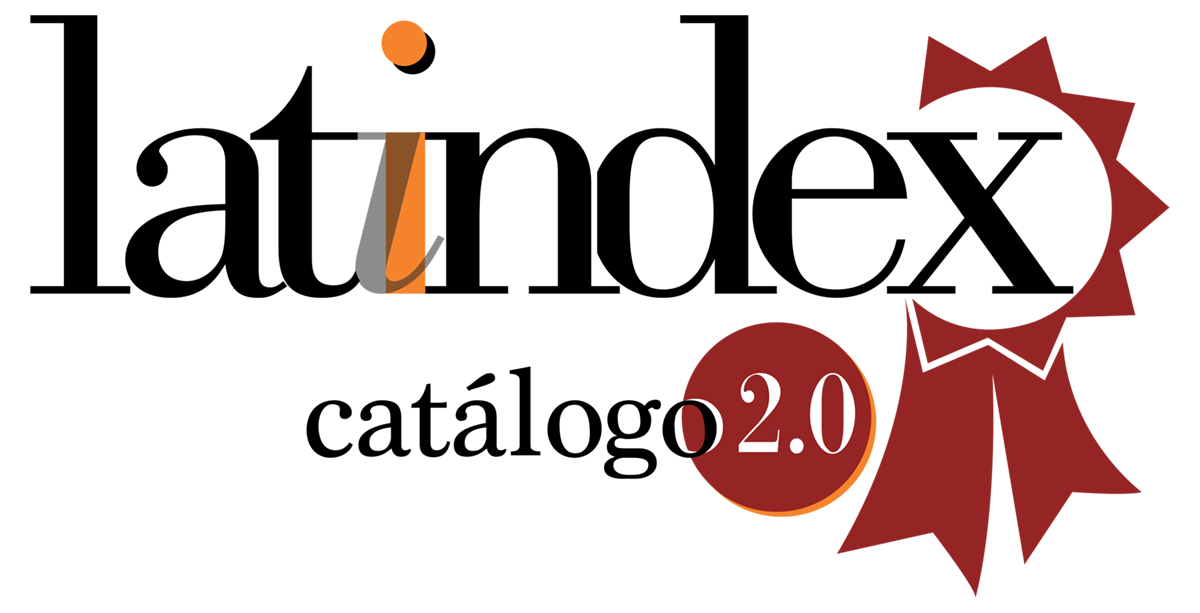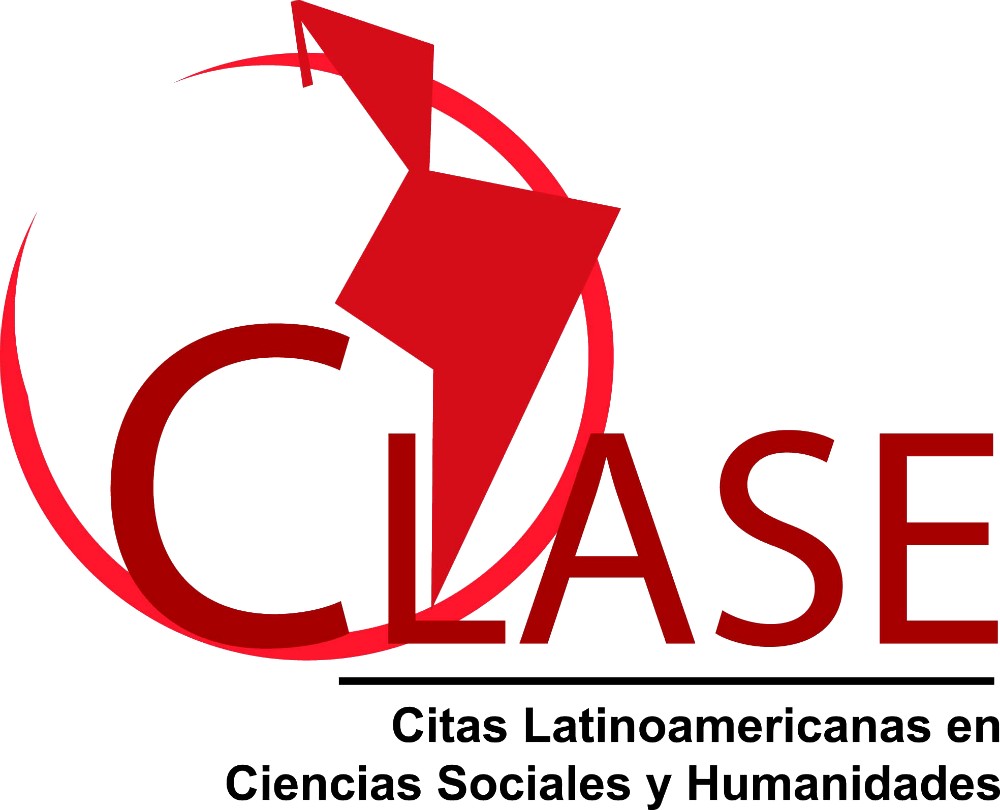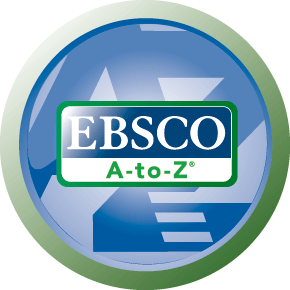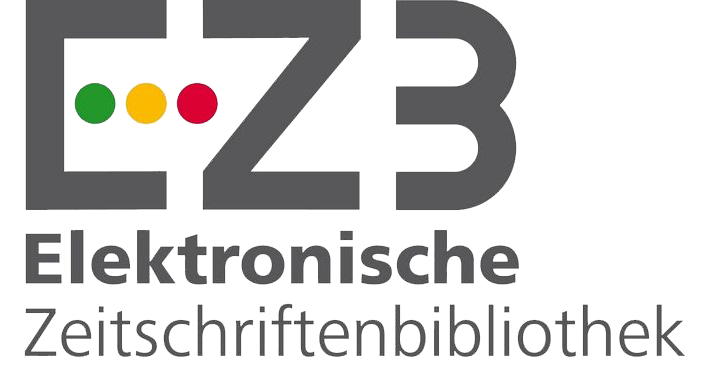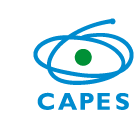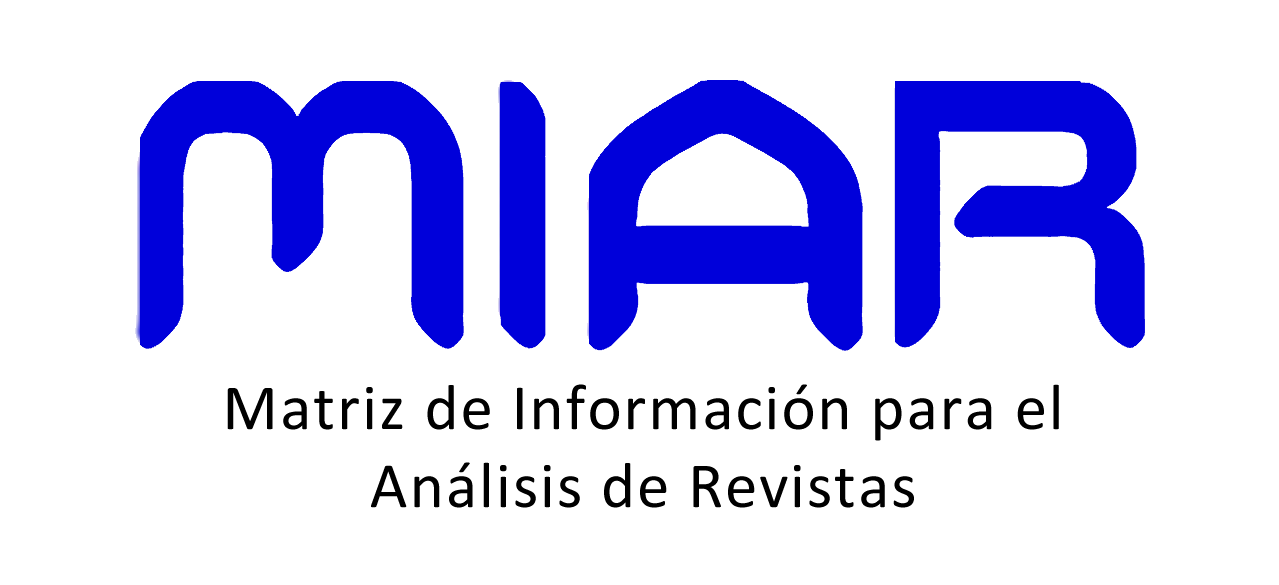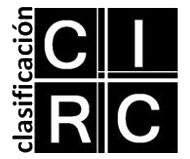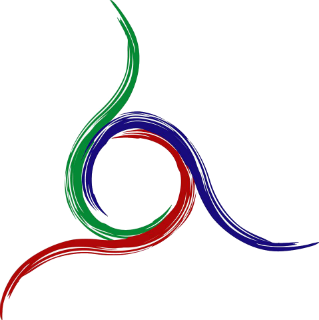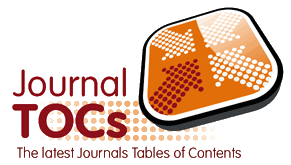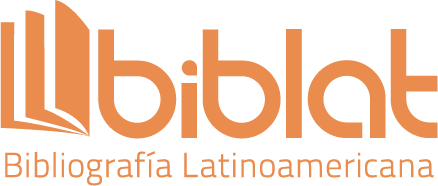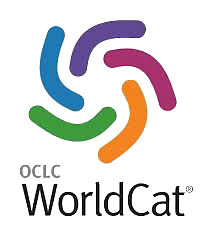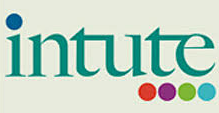Communication of science and scientific journalism. The case of the Earthzine magazine project in South America
DOI:
https://doi.org/10.24215/16696581e132Abstract
This article presents a work experience in the Earthzine magazine, a publication sponsored by the Oceanic Engineering Society of the Institute of Electrical and Electronic Engineers, together with the National Air and Space Administration and the National Foundation for Science. Based on an agreement signed in Argentina between Earthzine the National University of the Center of the Province of Buenos Aires, an interdisciplinary team was formed to provide journalistic coverage and scientific dissemination services for this journal in South America. It is intended to contribute, from the framework of the communication of science, to the discussion on the practice of scientific journalism based on the reflections that raised the particularities of this project. The addressed axes are: the impact of controversies between scientific peers in the public communication of science; the tensions of the language of the popular science with the languages involved in the construction of the stories, articles and news; the challenge of working with expert sources: reliability, access, decoding and feedback; the advantages and disadvantages of the interdisciplinary work, and the reconstruction of the context in front of the specific information that exceeds the consulted sources.
Downloads
Downloads
Published
How to Cite
Issue
Section
License
La aceptación de un original por parte de la revista implica la cesión no exclusiva de los derechos patrimoniales de los/as autores/as en favor del editor, quien permite la reutilización, luego de su edición (postprint), bajo una Licencia Creative Commons Atribución-NoComercial-CompartirIgual 4.0 Internacional (CC BY-NC-SA 4.0)
Acorde a estos términos, el material se puede compartir (copiar y redistribuir en cualquier medio o formato) y adaptar (remezclar, transformar y crear a partir del material otra obra), siempre que a) se cite la autoría y la fuente original de su publicación (revista y URL de la obra), b) no se use para fines comerciales y c) se mantengan los mismos términos de la licencia.
La cesión de derechos no exclusivos implica que luego de su edición (postprint) en Question las/os autoras/es pueden publicar su trabajo en cualquier idioma, medio y formato; en tales casos, se solicita que se consigne que el material fue publicado originalmente en esta revista.
Tal cesión supone, también, la autorización de los/as autores/as para que el trabajo sea cosechado por SEDICI, el repositorio institucional de la Universidad Nacional de La Plata, y sea difundido en las bases de datos que el equipo editorial considere adecuadas para incrementar la visibilidad de la publicación y de sus autores/as.
Asimismo, la revista incentiva a las/os autoras/es para que luego de su publicación en Question depositen sus producciones en otros repositorios institucionales y temáticos, bajo el principio de que ofrecer a la sociedad la producción científica y académica sin restricciones contribuye a un mayor intercambio del conocimiento global.






